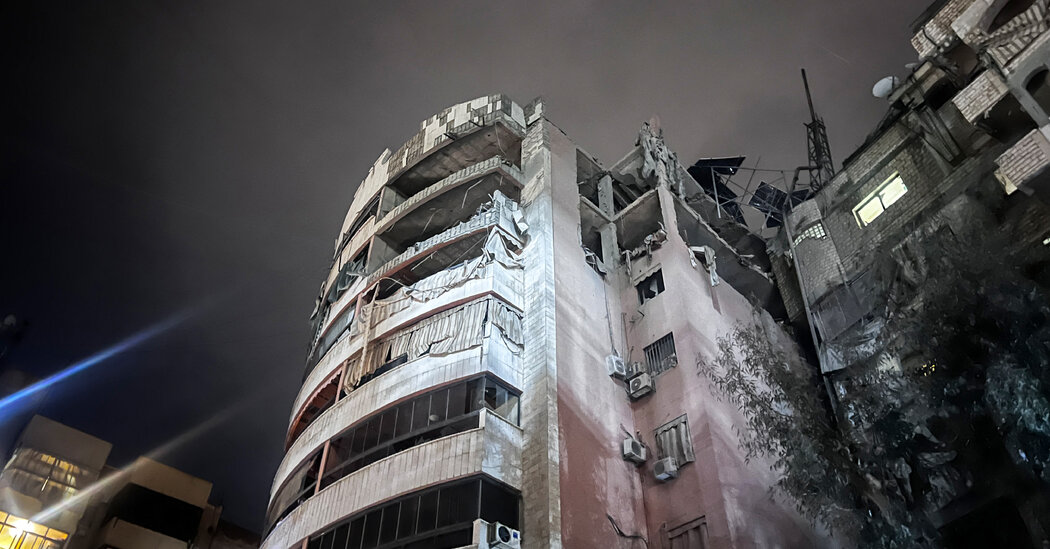Escalating Tensions: Israeli Strikes on Beirut
In a significant escalation of regional tensions, the Israeli military announced early Tuesday that it had conducted an airstrike on the southern outskirts of Beirut. This marks the second such attack near Lebanon’s capital within just a week, raising alarms about the potential unraveling of a fragile cease-fire.
Back in November, Israel and Hezbollah had reached a cease-fire agreement, which had sparked hopes for an end to Lebanon’s deadliest conflict in decades. However, the recent airstrikes have reignited fears that this truce could be jeopardized.
The Israeli military stated that the latest strike targeted a Hezbollah operative located in the Dahiya area, a known stronghold for the militant group in Beirut’s southern suburbs. According to the military, this individual was involved in directing and assisting Hamas in formulating a “significant and imminent” attack against Israel. They emphasized that the operative posed an “immediate threat,” necessitating decisive action.
Despite the gravity of the situation, Hezbollah has yet to issue an official response regarding the recent strikes on its semi-official Telegram page. This silence adds to the tension as both sides navigate the precarious landscape of their ongoing conflict.
- On Friday, Israeli forces launched a series of airstrikes in the same Dahiya area, prompting the military to order evacuations in a densely populated neighborhood.
- This attack followed shortly after rockets were fired at northern Israel from Lebanese territory, escalating the situation further.
- Hezbollah has denied any involvement in the rocket attacks and has reiterated its commitment to maintaining the cease-fire.
- According to the Israeli military, the strikes targeted a site believed to be storing Hezbollah’s drones, indicating a strategic focus on disrupting their military capabilities.
- In a tragic development, Lebanon’s Health Ministry reported that at least three individuals lost their lives in separate Israeli airstrikes in southern Lebanon, highlighting the human cost of the conflict and the lack of distinction between combatants and civilians.
The backdrop to these recent hostilities involves Hezbollah’s increased military actions in solidarity with its Palestinian ally, Hamas, following the latter’s unprecedented attack on Israel on October 7, 2023. This incident rapidly escalated into an all-out war, igniting fierce confrontations between Israel and Hezbollah, which included an Israeli ground invasion of Lebanon.
As the situation continues to evolve, the international community watches closely, hoping for a resolution that can restore peace and stability to the region.




